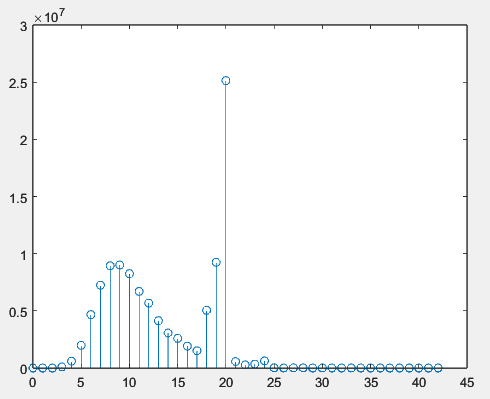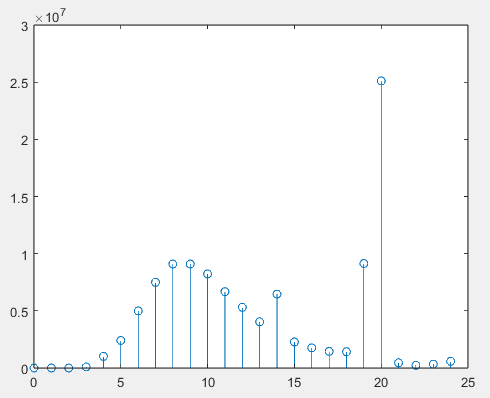I have a table with ~100mln rows. One of the columns is a VARCHAR(64) with utf8mb4 encoding for storing user nicknames (others are few integers).
The data in that column has MAX(LENGTH()) == 42 and MAX(CHAR_LENGTH()) == 24 (I can attach an image of distribution of lengths if needed). ~90% of rows only use ASCII characters.
From the MySQL docs,
CHAR(30) can hold up to 30 characters. [...] a CHAR(255) column can exceed 768 bytes
So does it mean it can store N characters, even multibyte? How about a varchar, does the specified size mean bytes or characters?
My table is mostly write-intensive (INSERT O.D.K. UPDATE). Is it a good idea to switch to constant-length field (especially with such not-very-long strings) versus having them as a varying-length field, probably stored somewhere else on the disk?
Byte length distribution:
Char_length distribution:



CHARandVARCHARrefer to characters.mb4) theCHAR(255)can exceed3*256bytes. Obviously. So now the only question is whether it is worth to reduce the length of myvarcharcolumn (or maybe switch tovarbinary?). I've added the distribution plots to the post.VARCHAR(..)would consume, on average, 2+13 bytes. While `CHAR(20) would always take 20 bytes. Less space is better.